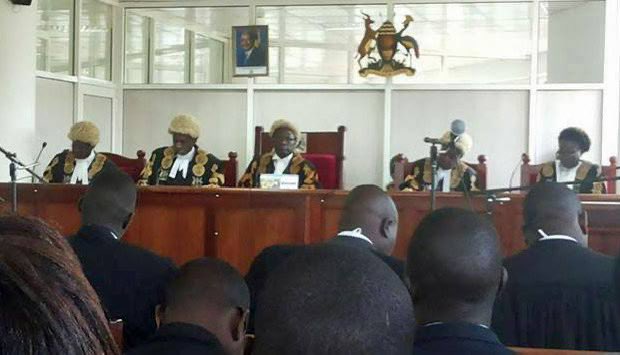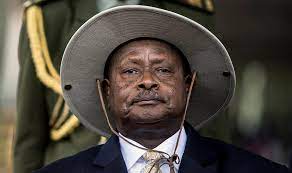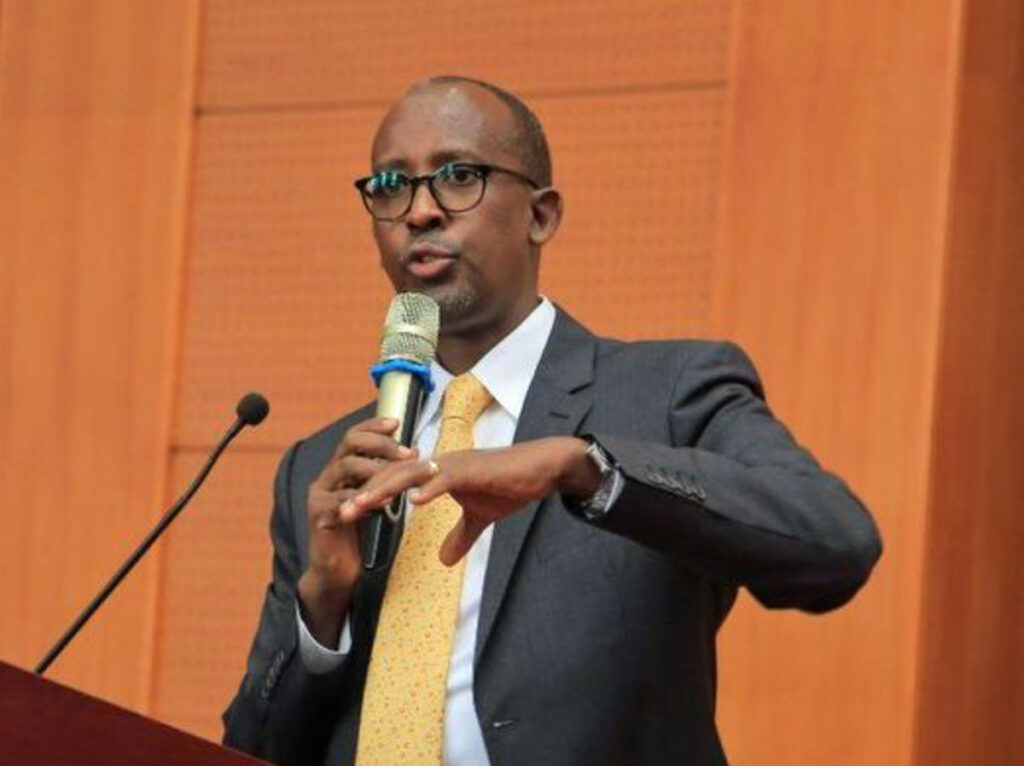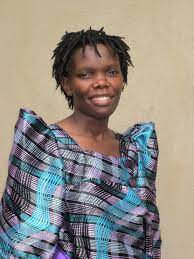Uganda squirms as pressure mounts to repeal anti-gay law
Joto La Jiwe is a Ugandan correspondent for the African…
Backers can’t take the heat anymore; they hope court challenge will succeed.

As human rights defenders inside and outside of Uganda await a Constitutional Court ruling on petitions challenging the Anti-Homosexuality Act (AHA) 2023, the backers of the cruel law are squirming with discomfort.
While international pressure against the law has been building, the regime’s expectations for the law proved unrealistic.

After President Yoweri Museveni signed the bill into law last spring, local human rights lawyers teamed up with law makers and human rights activists to challenge it in the Constitutional Court. As that pressure was piling up on the legal front, the World Bank and the U.S government announced targeted international sanctions against the regime.
The World Bank halted all new loans to Uganda until the Ugandan authorities repeal AHA. This move prompted defiant voices from some Ugandan homophobes as well as both public and private calls for negotiations with the World Bank.
On Dec. 4, U.S. Secretary of State Antony Blinken expanded visa restrictions that had been imposed after the “flawed” 2021 presidential election to now include officials accused of repressing members of marginalized or vulnerable populations, including environmental activists, human rights defenders, journalists, LGBTQI+ persons, and civil society actors.
Washington also redirected $5 million from the government to local charities to provide services to LGBTQ+ people living with HIV/AIDS.
In October 2023, President Joe Biden notified Congress that Uganda would lose its benefits under the African Growth and Opportunity Act (AGOA) starting in January 2024 due to human rights violations – in particular, the Anti-Homosexuality Act.
While Uganda only exported $10.6m worth of goods under the program in 2022, according to the U.S. Commerce Department, the suspension is a symbolic blow. Uganda is a low-income country that has ambitious plans to increase trade with the U.S. to a total of $1 billion annually, up from just over $340 million in 2022.

The AGOA trade announcement sent shock waves through Ugandan corridors of power and prompted Museveni to dispatch his son-in-law and trade adviser Odrek Rwabwogo to Washington on an emergency mission to try to stave off Uganda’s looming expulsion from duty-free status.
Rwabwogo met in December with Constance Hamilton, assistant U.S. trade representative for Africa, and Jessica Stern, the State Department’s Special Envoy for the Advancement of the Human Rights of LGBTQI+ Persons.
While presenting his case, Rwabwogo tried to spin the regime as blameless by claiming that the AHA was made by the Parliament and the Ugandan people, not by the government.
This did not go down well not only with the U.S. officials but also with many Ugandans who accused him of wasting taxpayers’ money to defend the indefensible.

Journalist Lydia Namubiru said:
“Rwabwogo can’t believe that, after we’ve been such good neoliberal boys, selling our enterprises and allowing capital flight, we are still not allowed to kill the gays. Because even his defense of the law relies on misinformation.”
As Rwabwogo sought to spare Uganda from U.S. AGOA sanctions, he indicated in a video circulated on social media that the anti-gay law may yet be amended via court challenges or executive branch rule-making.
“I come with a very open mind. If you remove this deadline, so much can change in six months,” he said.
The U.S government has not been convinced. It has insisted that the regime should publicly release an action plan for addressing human rights concerns and repeal the AHA.
Yasin Magomu, a rights advocate, said, “The regime’s game plan was to pass AHA, use it to win sympathy from religious extremists and weaken the main opposition leader Robert Kyagulanyi [aka Bobi Wine], who is accused of supporting homosexuality and getting ‘dollars from foreign gay groups.”
According to Yasin, none of this has worked as planned and the regime is now “confused” because even a regime apologist, journalist Andrew Mwenda, is among the petitioners against AHA.
“Personally, I think the ones who are praying for AHA to be struck down by the Constitutional Court are those who brought it because they can’t take the heat anymore. World Bank and the U.S have acted. The UK and EU will also act if the Constitutional Court does not do the needful,” Yasin said.




